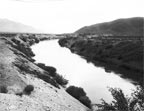 Barcode:
Barcode:1000015
Open unlined section of Los Angeles Aqueduct Subjects:
Water
Hills
Collection: Bledsoe Collection 1908-1933
 Barcode:
Barcode:1000015 |
Title: Aqueduct Construction
Description: Open unlined section of Los Angeles Aqueduct Subjects: Water Hills Collection: Bledsoe Collection 1908-1933 |
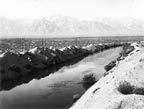 Barcode:
Barcode:1000016 |
Title: Aqueduct Construction
Description: Open unlined section of Los Angeles Aqueduct Subjects: Water Mountains Deserts Collection: Bledsoe Collection 1908-1933 |
 Barcode:
Barcode:1000017 |
Title: Aqueduct Construction
Description: Open unlined section of Los Angeles Aqueduct Subjects: Water Mountains Deserts Collection: Bledsoe Collection 1908-1933 |
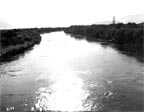 Barcode:
Barcode:1000018 |
Title: Aqueduct Construction
Description: Open unlined section of Los Angeles Aqueduct Subjects: Water Hills Collection: Bledsoe Collection 1908-1933 |
 Barcode:
Barcode:1000019 |
Title: Aqueduct Construction
Description: Open unlined section of Los Angeles Aqueduct Subjects: Water Hills Steam Shovels Collection: Bledsoe Collection 1908-1933 |
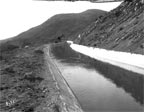 Barcode:
Barcode:1000020 |
Title: Aqueduct Construction
Description: Steam shovel clearing area along Los Angeles Aqueduct Subjects: Water Hills Collection: Bledsoe Collection 1908-1933 |
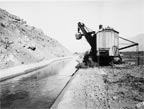 Barcode:
Barcode:1000021 |
Title: Aqueduct Construction
Description: Steam shovel clearing area along Los Angeles Aqueduct Subjects: Water Steam Shovels Collection: Bledsoe Collection 1908-1933 |
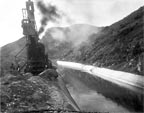 Barcode:
Barcode:1000022 |
Title: Aqueduct Construction
Description: Steam shovel clearing area along Los Angeles Aqueduct Subjects: Water Men Hills Steam Shovels Collection: Bledsoe Collection 1908-1933 |
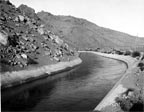 Barcode:
Barcode:1000055 |
Title: Aqueduct Construction
Description: Los Angeles Aqueduct completed - Alabama Hills – got their current name in 1864, when some Southern sympathizers in Lone Pine decided that the Confederate cruiser "The Alabama" (which had destroyed or captured 60 Union ships in 2 years) ought to be celebrated -- so they named their mining claims after her. The name stuck, and eventually referred to the whole area. Interestingly enough, as these Southern miners were digging (and naming things) around Lone Pine, a group of Union sympathizers settled themselves 15 miles north, near Independence. When the Alabama was sunk off the coast of France by the U.S.S. Kearsage, the folks in Independence gleefully named their mining claims "Kearsage", along with a local mountain peak, pass, and an entire town as well! For a while, the Alabama Hills were incorrectly touted as "the earth's oldest hills." We now know the Alabama’s to be pretty young, like the Sierras -- just a few million years old. Although they're identical in composition to the Sierras, the Alabama’s' strange appearance comes from a different weathering process. The high & low temperatures of this Sierras, and the freezing, expanding, and thawing of rain and snowmelt created the "chiseled" splintering of their granite. But down in the relatively moist and soil-covered region of the Alabama’s, this process did not occur. Instead, the soil gradually eroded away, exposing the oddly-shaped piles of boulders that stand here today. The weird, mottled coloring of the rocks is the result of the iron in the rocks oxidizing over millions of years. Subjects: Aqueducts Water Hills Collection: Bledsoe Collection 1908-1933 |
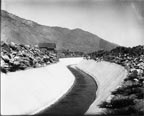 Barcode:
Barcode:1000056 |
Title: Aqueduct Construction
Description: Los Angeles Aqueduct - open lined section Subjects: Aqueducts Water Hills Reinforced Concrete Construction Collection: Bledsoe Collection 1908-1933 |
